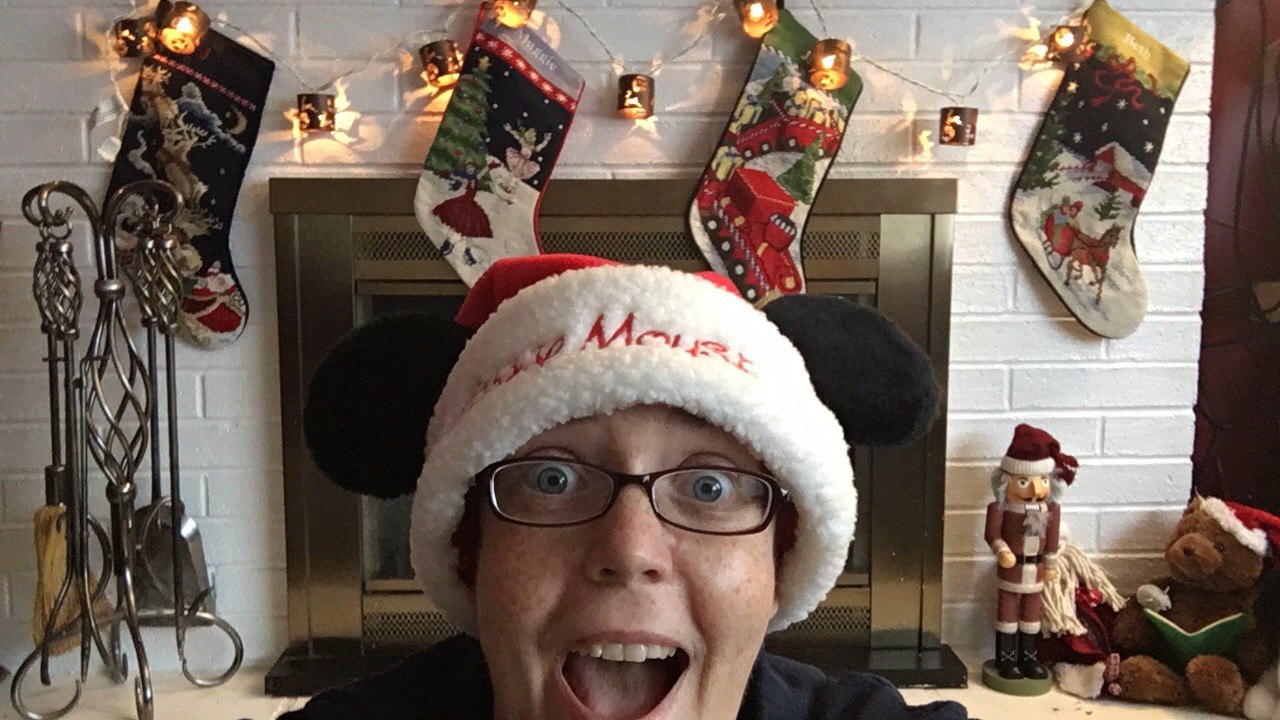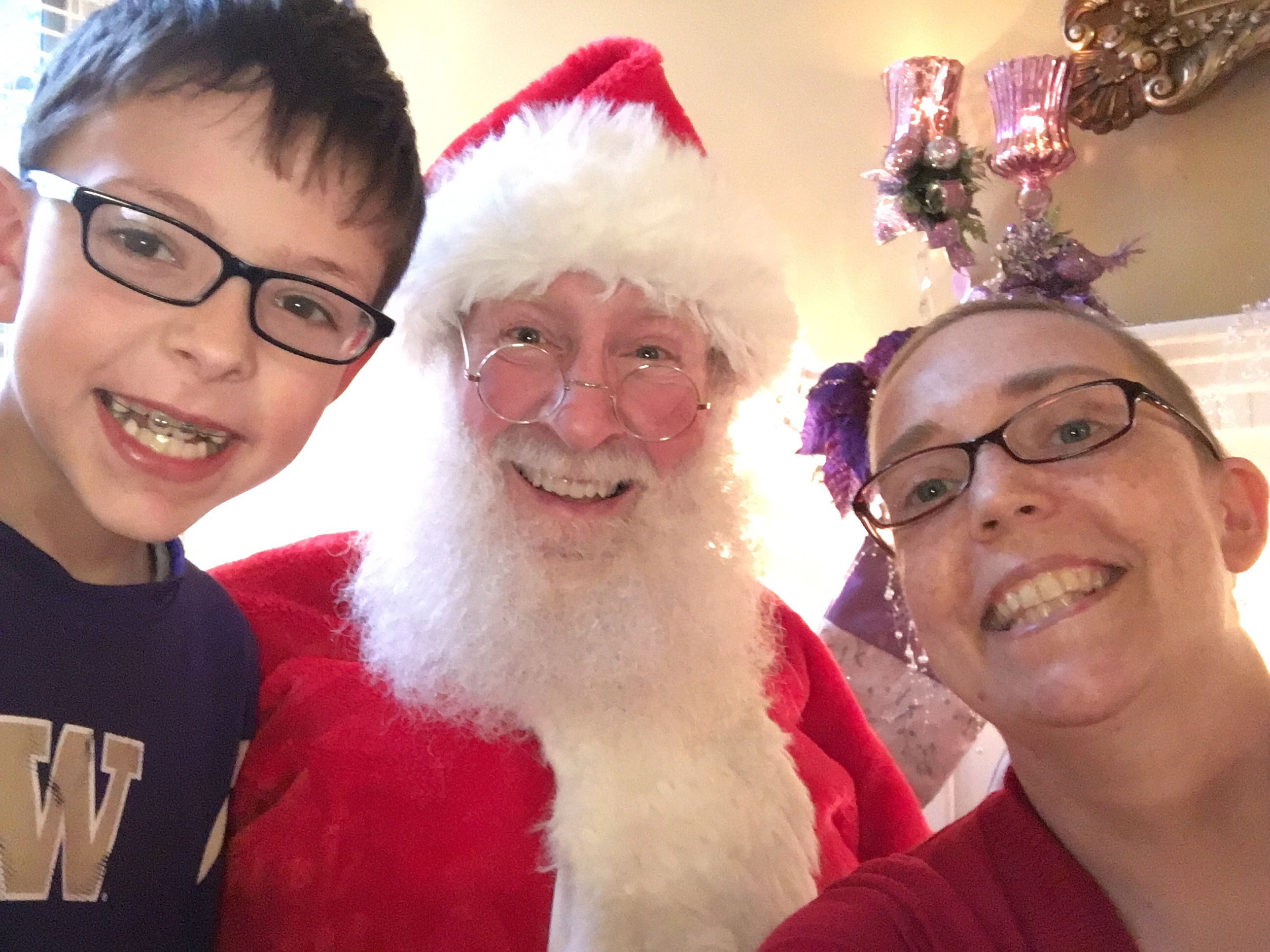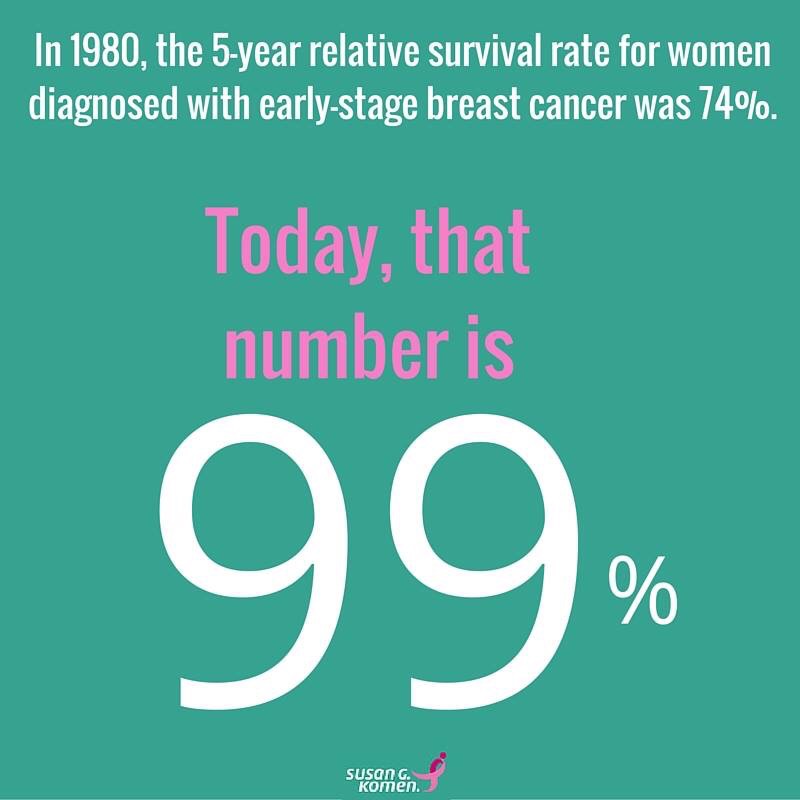You guys! I spent the last 3 days on Capitol Hill meeting with Congressional staffers to discuss improving the world of metastatic breast cancer, particularly with respect to research. It turns out that the Senate is currently, like, literally as I’m typing this, working on legislation on cancer research and if we act fast to ask them to including things in that legislation, it really could get in there. I’m not kidding you guys, this is the most excited I’ve been about our chances to change the world of breast cancer research since I got diagnosed with this shitty disease.
Which means I really really really really need your help, not next week or whatever but right this minute, today, no later than this weekend. I need you to cut and paste what I’ve written below and send it to the Senators who are on the Health, Education, Labor and Pensions Committee. Don’t worry, here’s their website so you don’t even have to look it up:
http://www.help.senate.gov/about/members
And here’s the text of what I’d like you to send them. NOTE: if you don’t have metastatic breast cancer yourself, just tweak the letter a little and then send it.
To the Members of the Senate Health, Education, Labor and Pensions Committee:
I am living with metastatic breast cancer, and I am writing to you to request that you include important reforms for patients with metastatic breast cancer in the bill your committee is currently drafting on medical research funding. As described below, these reforms would dramatically improve the lives of American women and men living with metastatic breast cancer.
As you may know, metastatic breast cancer is breast cancer that has spread from the breast to other parts of the body, and it is currently incurable. Everyone with metastatic breast cancer will die of or with our disease. Although about 5% of women with metastatic breast cancer are lucky enough to live with their disease for a decade or more, all the while enduring the torturous treatments that keep them alive, the median lifespan from diagnosis with metastatic breast cancer is only 2-3 years, and the 5-year survival rate is only 22%. 40,000 women and men die of metastatic breast cancer every year in the United States alone, and this figure has not changed meaningfully in decades.
Unfortunately, the odds of a cure being found in my now-limited lifespan are very low, because so little of breast cancer research funding goes towards metastatic disease, despite the reality that nearly all breast cancer deaths are from metastasis. A study last year by the Metastatic Breast Cancer Alliance found that only about 7% of breast cancer research dollars go towards metastatic research. After decades of the war on cancer, we still don’t know how metastasis happens, let alone how to prevent metastasis or how to treat it once it has already happened.
This is why I’m asking you to include the following provisions in the legislation you are currently drafting:
1. Require the federal government to spend at least 30% of its breast cancer research funding on metastatic disease, rather than early stage breast cancer. I believe that 7% of research dollars going towards the only type of breast cancer that is terminal is not enough. Transferring research dollars from early stage to metastatic breast cancer would be revenue-neutral and would ensure that researchers have adequate resources to turn metastatic breast cancer from a death sentence to a life sentence.
2. Ensure that the National Cancer Institute’s Surveillance, Epidemiology and End Results (SEER) Program begins tracking when patients with early stage breast cancer develop metastatic disease. Currently, we don’t know how many people who have early stage breast cancer will develop metastatic disease because the SEER program does not include this datapoint. Only 6-10% of newly diagnosed patients have metastatic disease at diagnosis; the rest of the metastatic community is not counted in the database. Adding this information to the SEER program would ensure that researchers will have the basic epidemiological information they need to direct their research towards the most pressing needs.
3. Reform compassionate use access to drugs under development. Patients with a terminal diagnosis may not have time to wait for drugs to be approved, and are willing to take more risks on a drug still in trials because they literally have nothing to lose. They shouldn’t have to navigate the byzantine process now in place for patients seeking compassionate use access to drugs that might prolong their lives dramatically. Additionally, it can be difficult for patients to gain access o these drugs through the clinical trial process because of the restrictive eligibility requirements of many clinical trials, and because of geographical limitations on access to clinical trials.
4. Require insurers to treat oral and intravenous chemotherapy drugs the same. Under many insurance plans, patients must pay enormous copays for chemotherapy given as a pill, whereas IV chemotherapy is considered a hospital service and does not come with a similar copay. The costs of these copays can run into the thousands of dollars and are prohibitively expensive. Doctors and patients shouldn’t be incentivized to choose IV chemotherapy over oral chemotherapy that often comes with less side effects simply because of insurance rules. Many states have already enacted similar legislation, and it’s time that there was a rule providing for parity between oral and IV chemotherapy at the federal level. Senator Kirk has drafted legislation on this issue and I believe it should be incorporated into your committee’s bill.
5. Reform Medicare rules that incentivize older treatments over newer ones. Under existing Medicare rules, doctors are penalized for using newer, often more effective treatments and rewarded for using older, less effective ones. For metastatic patients, many of whom are on Medicare because of their terminal diagnosis, suffering through months of an ineffective older treatment before gaining access to a newer one could be the difference between life and death. Senator Kirk has drafted legislation on this issue and I believe it should be incorporated into your committee’s bill.
At the height of the AIDS crisis, 40,000 Americans died every year, the same as the number of Americans who have died every year of metastatic breast cancer since the 1970’s. It was Congress’s leadership during the AIDS crisis that made federal health agencies take the disease seriously and turned AIDS from a death sentence into a life sentence. I hope that you will consider showing that same leadership with respect to metastatic breast cancer, so that I can live a full life span as well.
Sincerely,
Your Name Here
__________________
Thank you SO MUCH to all of you who take the five minutes of your time to do this! And please spread the word around your social networks to encourage others to do the same!
Like this:
Like Loading...




